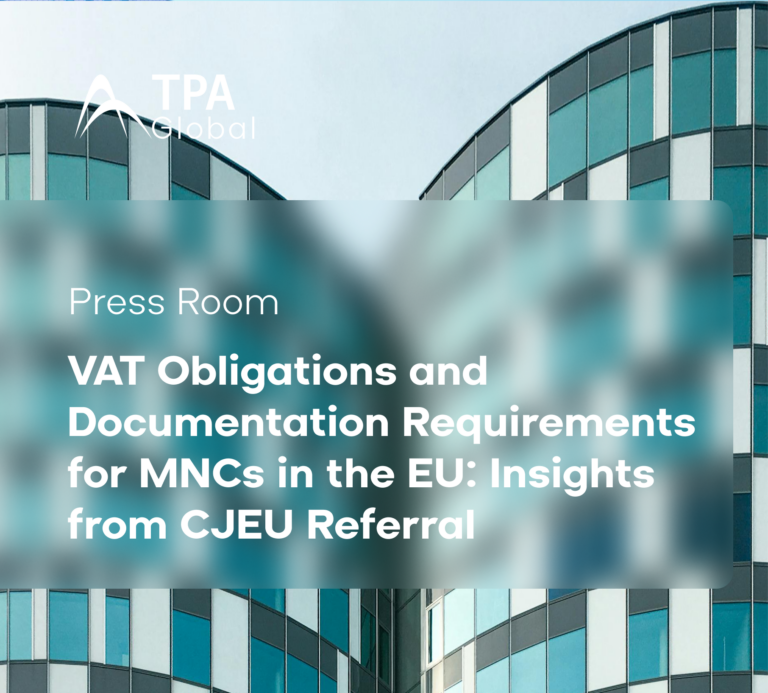Type: Legislation
The most recent round of provinces and regions to join the Chinese e-fapiao mandatory e-invoicing pilot was in March 2023. The special e-fapiao e-invoice system, based on a national invoicing platform, is still being introduced by China’s State Taxation Administration (‘STA’) in more and more places.
They are replacing the traditional paper-fapiao invoices, which are pre-printed for the company and have unique invoice numbering to regulate recording devices and stop Tax fraud.
The following places are available to pre-selected current taxpayers in March 2023: Fujian, Henan, Inner Mongolia, Jilin, Ningbo (Zhejiang province), Shenzhen (Guangdong province), and Yunnan.
Waves in the past have included:
- Jan 2023: Chongqing, Dalian, Qingdao, Shaanxi, and Tianjin. Shanghai was further extended to new taxpayers.
- Nov 2022: Xiamen
- Oct 2022: Sichuan
- Aug 2022: Gansu, Guangxi, Guizhou, Hainan, Heilongjiang, Jilin, Liaoning, Ningxia, Qinghai, Shanxi, Tianjin, Xinjiang, and Yunnan.
Fully digitalized e-fapiao, also known as electronic invoices (e-invoices), are a brand-new type of electronic invoice that differs from both the conventional paper fapiao and the previously released normal value-added tax (VAT) e-fapiao while maintaining the same legal effect.
Effective date: March 2023



